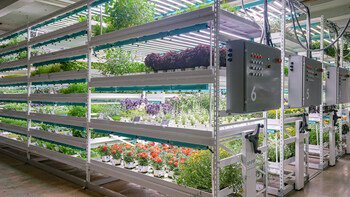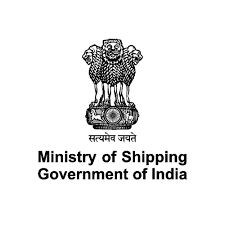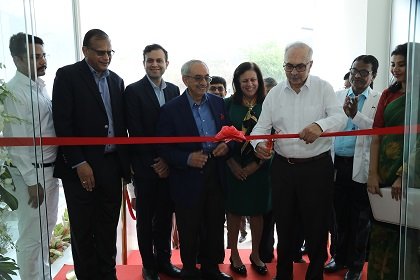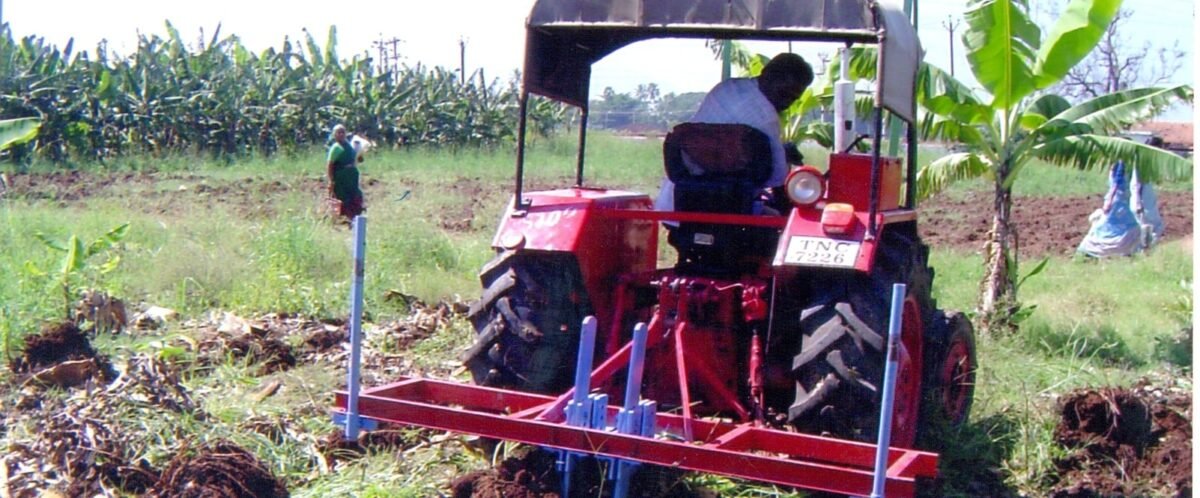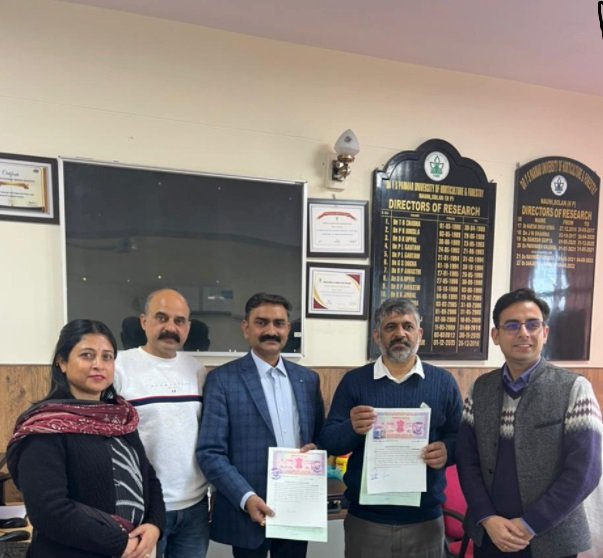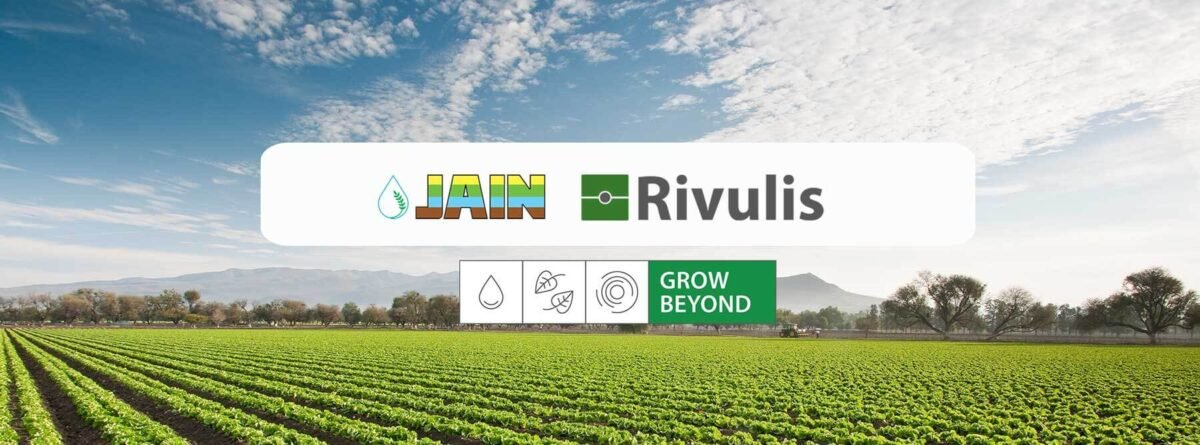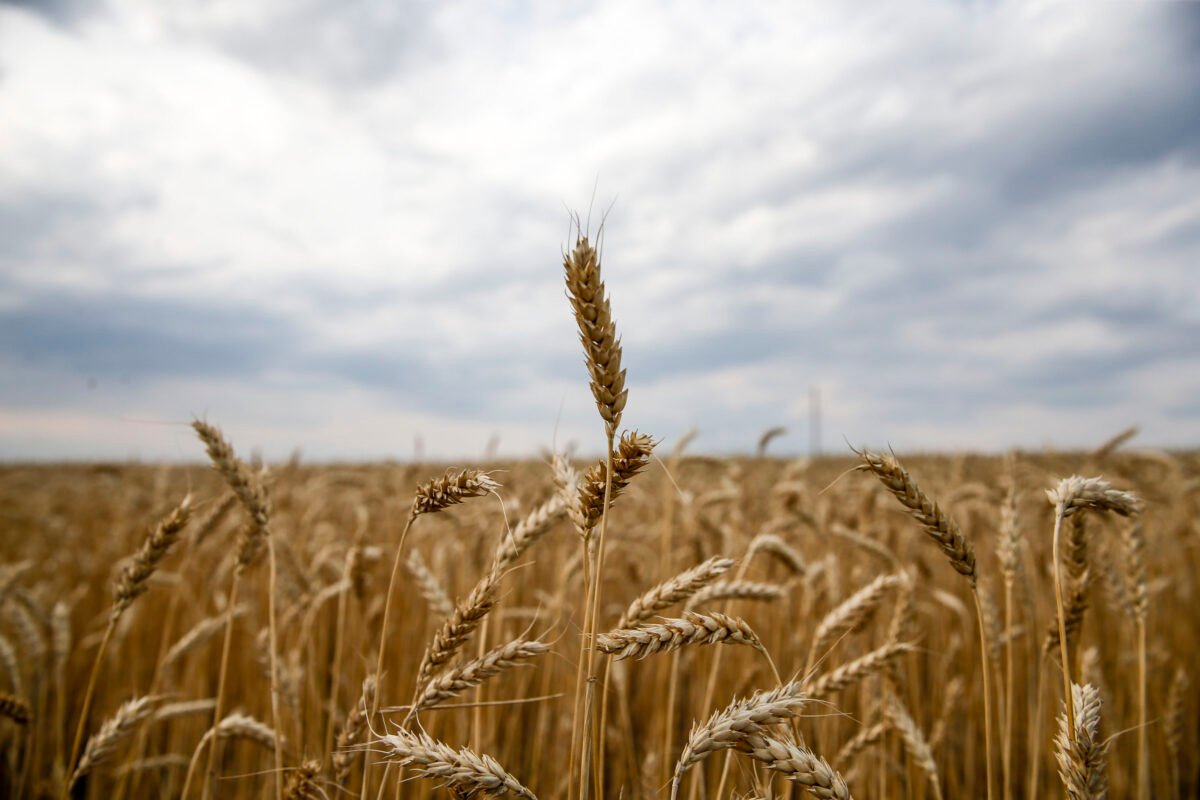Farm.One announces re-opening of its Brooklyn Indoor vertical farm
The hydroponic indoor vertical farming company is known for its unique and flavorful luxury salad greens, speciality herbs
Farm.One announces it has secured long-term growth capital from DK-Bell Holding Company and has re-opened its Neighborhood Farm in Prospect Heights, Brooklyn. The hydroponic indoor vertical farming company is known for its unique and flavorful luxury salad greens, speciality herbs, edible flowers and microgreens serving local chefs and its Farm Membership direct-to-consumer program. DK-Bell is a family investment office funded by its Managing Partner, Derek Pitts, that seeks to make long-term, strategic investments in Food & Agritech and, more specifically, controlled environment agriculture (CEA).
Farm.One’s low-volume, high-touch, ‘kitchen table’ approach has brought accolades from both local residents and star chefs. The farm is visitable and transparent, and locals can simply walk in off the street. Chefs and consumers receive their greens from Farm.One just hours after harvest. Greens are packed and delivered in returnable containers which make their way back to Farm.One, eliminating plastic waste. Complementary products are available through Farm.One’s online Farmers Market.
The farm will feature a 1,500-square-foot showroom and private event space – The Pavilion – a plant-filled gathering spot for up to 70 guests. Also new is the Farm.One beverage program (smoothies, seltzers, juices and 0 ABV) will further showcase the variety of unique botanical ingredients grown on the farm. This will allow people to experience fresh, unique flavours in exciting ways.
The first weekly harvests of greens and salad mixes were completed and made available to local members in February. Sales to Michelin-star-rated and other high-end restaurants have resumed. In April, the farm will open to the public and offer tasting tours, classes and events giving visitors the opportunity to explore and learn more about neighbourhood vertical farming and how its products can easily fit into everyday life.
The hydroponic indoor vertical farming company is

